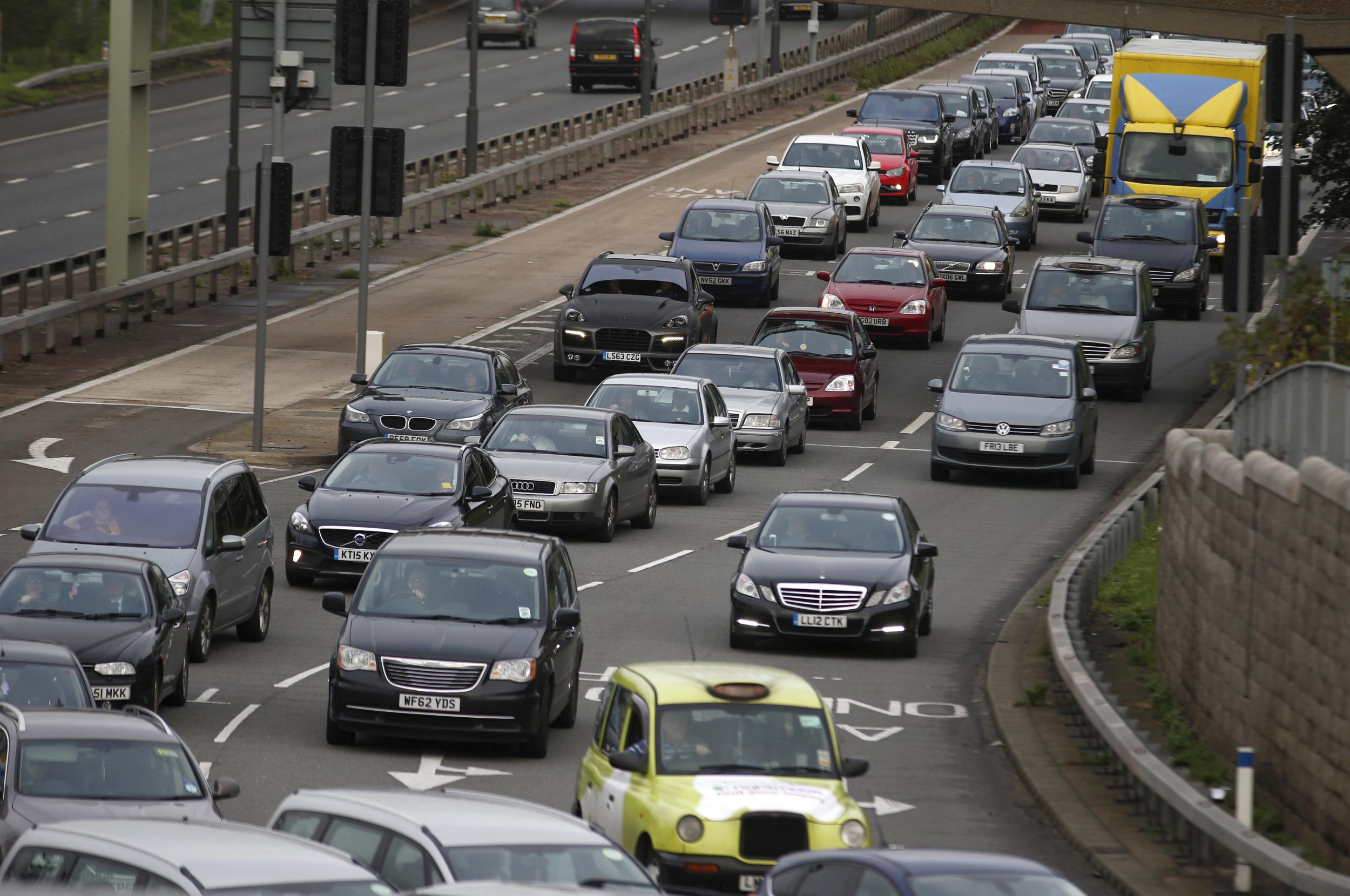The Government's clean air plans aren't as good as they sound – Brexit could scupper all our progress
The end of the petrol or diesel-dependent motor car will be an emotional and hopeful moment, but it needs Government commitment to putting in the necessary replacement infrastructure

Your support helps us to tell the story
From reproductive rights to climate change to Big Tech, The Independent is on the ground when the story is developing. Whether it's investigating the financials of Elon Musk's pro-Trump PAC or producing our latest documentary, 'The A Word', which shines a light on the American women fighting for reproductive rights, we know how important it is to parse out the facts from the messaging.
At such a critical moment in US history, we need reporters on the ground. Your donation allows us to keep sending journalists to speak to both sides of the story.
The Independent is trusted by Americans across the entire political spectrum. And unlike many other quality news outlets, we choose not to lock Americans out of our reporting and analysis with paywalls. We believe quality journalism should be available to everyone, paid for by those who can afford it.
Your support makes all the difference.If the target date set by the Government for the last sales of cars with petrol and diesel engines, 2040, does indeed come to pass then the age of the motor car, born 1886, will be drawing to a close. Like the last steam engines or the final journeys of the original trams, it will be an emotional as well as a hopeful moment.
It is, though, rather distant, with new electric car sales running at about 1 per cent of the present market (though rising quickly). So none of this epochal talk makes any difference to children breathing in polluted air in congested cities or drivers now faced with near-worthless diesel cars which the authorities once encouraged them to buy and which were billed as “cleaner” than the petrol-driven equivalent at the time. For drivers stuck in endless traffic jams, for pedestrians and residents seeing their health deteriorate and for the economy and climate change more widely, it is fair to say motor transportation is in a mess.
What to do? The Environment Secretary, Michael Gove, is trying to play a clever game of spin. The headline “announcement” about the 2040 target is in face a reannouncement of an existing policy; he is more vague and ambivalent about the here and now. The reason for this is that he realises full well that the short-term politics of this issue are as toxic as the fumes being pumped out of the exhaust of an old van.
The tax and regulatory penalties that will be needed to discourage car usage, especially that of diesel, and the cost to companies and individuals of converting cars from conventional propulsion to electric-only modes will be substantial. As ever, ministers seem all too willing to fly-tip their political problems onto the local authorities, who are used to soaking up the protests from Whitehall-driven austerity cuts. Under the convenient pretence of devolving powers, local councils are being asked to draw up plans individually with no knowledge about the plans and intentions of neighbouring areas. If one city, in other words, decides to “go green” with hefty pollution charges, and the one down the road does not, then the virtuous council will suffer financially as a result. The need for central government coordination is obvious.
Two other aspects of the electric car revolution are also far from fully plugged in to official thinking. First is the obvious absence of the necessary infrastructure to recharge electric vehicles. Despite impressive advances in fast charging and battery technology, with Toyota announcing a plan to make a battery that can recharge in minutes, there are simply too few accessible charging points in place on streets, in car parks and motorways. People in flats and who live in terraced houses that open out on to the pavement cannot charge their cars from their homes for obvious reasons. If hydrogen fuel cells (used as fuel for electric cars as petrol is for cars today) become viable, then transporting that gas around a grid will create new challenges too. The car companies and the “old” energy have neither the incentive nor the funds to create a replacement infrastructure for the existing network of petrol stations. The investment will require public funds, and substantial ones. Again, the Government has no plan for that.
Last, for all the manifest benefits to consumers, health and the planet, the grubby question about who will benefit from the jobs created in the new electric vehicle industry arises. Ever since Peter Mandelson and Vince Cable’s spells in office as business secretaries, British governments have had an ambition to make the UK a leading centre for these new technologies, both in research and development and in production and assembly, with critical mass in both.
While the operation at Nissan in Sunderland, with a focus on electric technologies, looks relatively secure in the context of Brexit, the announcement by BMW that its new electric Mini will source batteries and electric motors from Germany is a disappointment. The assembly of vehicles at BMW Oxford (née Cowley) is something of a consolation prize, and the uncomfortable impression is that the board of BMW is concerned about sinking fresh investment in a country where the outlook for trade is so uncertain.
As ever, even in the brave new world of electric, and indeed driverless, motor cars, the ubiquitous problems of Brexit are to be discovered, clogging up the engine of growth.
Join our commenting forum
Join thought-provoking conversations, follow other Independent readers and see their replies
Comments